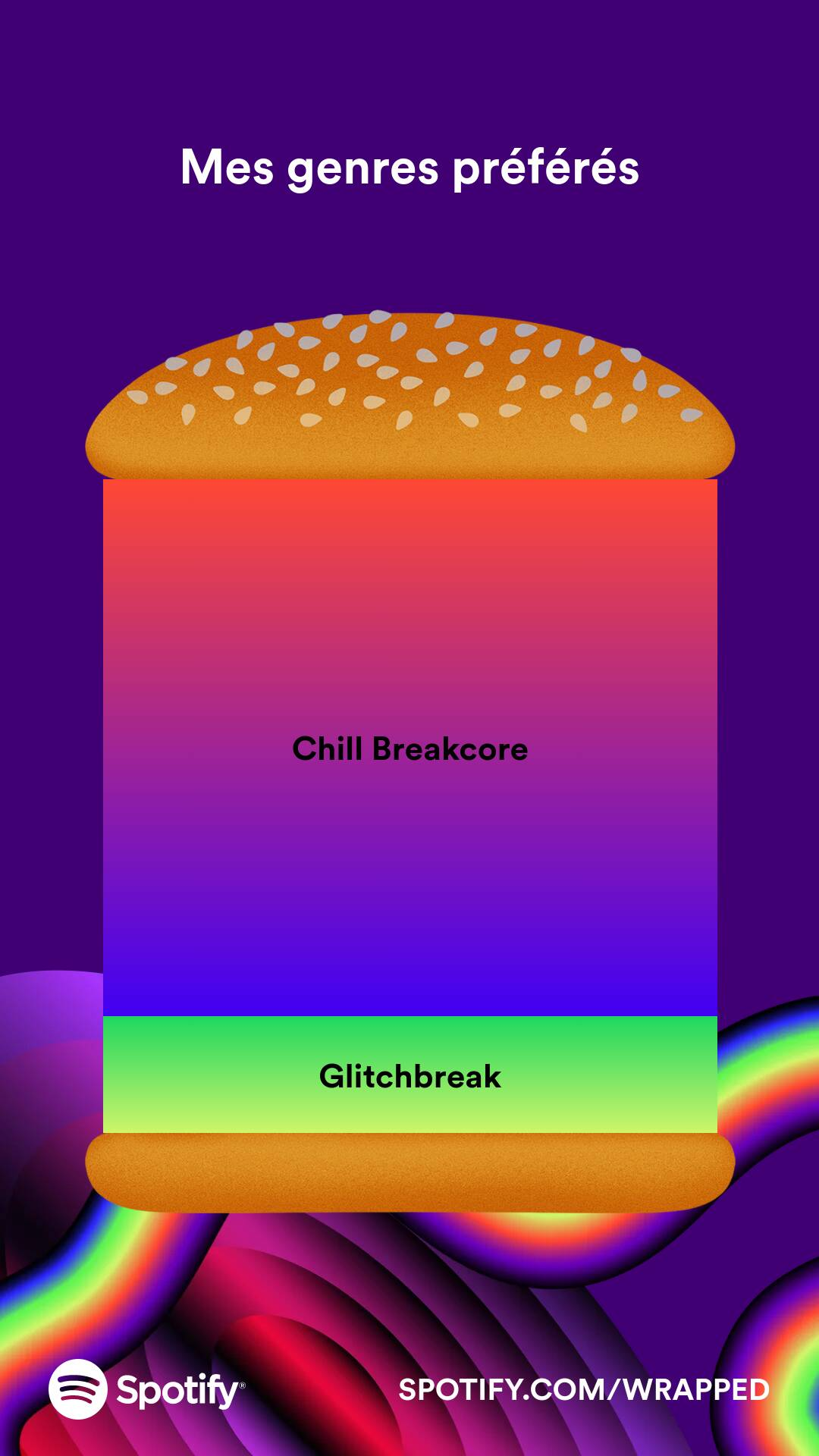Is Spotify truly offering listeners the authentic musical experience they desire? The streaming giant has undeniably transformed how we consume music, but questions linger about its practices. A bold statement emerges: Spotify may be subtly manipulating your data to favor certain artists over others. This revelation prompts users to seek alternatives for genuine insights into their listening habits.
As a dominant player in the global music streaming market, Spotify's influence is undeniable. Its annual Wrapped feature, which compiles user listening data, has become a cultural phenomenon. However, concerns have arisen regarding the accuracy of this data presentation. Reports suggest that Spotify might be tweaking these statistics to promote specific artists, potentially skewing users' perceptions of their true preferences. This raises ethical questions about transparency and user autonomy in an era dominated by algorithms. For those seeking unfiltered insights, exploring other platforms becomes essential.
| Personal Information | Details |
|---|---|
| Name | Spotify AB |
| Founded | 2006 |
| Headquarters | Stockholm, Sweden |
| CEO | Daniel Ek |
| Users (Approx.) | 480 million (as of Q3 2023) |
| Revenue Model | Premium Subscription & Ad-Supported |
| Key Competitors | Apple Music, Amazon Music, Tidal |
| Reference Link | Official Website |
Bandcamp offers a compelling alternative for music enthusiasts. Unlike Spotify, Bandcamp prioritizes artist compensation, ensuring musicians receive a fair share of sales revenue. In preparation for 2024, both platforms are positioning themselves strategically. While Spotify continues to expand its ecosystem with features such as merchandise integration, Bandcamp remains focused on fostering direct connections between artists and fans. This distinction appeals to listeners who value authenticity and support independent creators.
Auditory enthusiasts often debate the sonic merits of various streaming services. Comparisons between Tidal HiFi and Spotify Premium frequently arise, particularly concerning audio fidelity. Tidal's HiFi tier promises CD-quality sound at 16-bit/44.1kHz resolution, while Spotify Premium delivers 320 kbps Ogg Vorbis streams. Despite these technical differences, many listeners report difficulty discerning audible distinctions during blind tests. This phenomenon challenges conventional wisdom about high-fidelity audio's necessity for casual listeners. Nonetheless, audiophiles remain adamant about preserving pristine sound reproduction capabilities.
Vinyl records have experienced a resurgence in popularity, prompting discussions about their unique appeal compared to digital formats. Proponents argue that vinyl offers more than just superior sound quality; it provides a tactile, immersive experience that digital media lacks. The act of selecting, handling, and playing a record creates a ritualistic connection between listener and music. Furthermore, album art and liner notes enhance this engagement, offering additional context and artistic expression. As streaming services dominate modern consumption patterns, vinyl serves as a nostalgic reminder of music's physical essence.
Lossless audio formats represent another frontier in the quest for auditory excellence. Services like Apple Music Lossless and Tidal Masters provide uncompressed or minimally compressed files, theoretically preserving every detail captured during recording sessions. Yet, whether average consumers can perceive these enhancements remains debatable. Factors such as playback equipment, listening environments, and individual hearing acuity significantly impact one's ability to detect subtle nuances. Consequently, some users question the practical benefits of subscribing to premium lossless tiers versus standard offerings.
Algorithmic recommendations form the backbone of Spotify's success, yet they also invite criticism. By analyzing vast datasets, Spotify generates personalized playlists tailored to each user's tastes. While convenient, this approach risks creating echo chambers where listeners only encounter familiar genres and styles. Critics contend that such predictability stifles serendipitous discoveries, undermining the exploratory nature of music appreciation. Efforts to break free from algorithmic constraints involve actively seeking diverse content outside curated selections, thereby enriching one's musical repertoire.
Ultimately, the choice between competing streaming platforms depends on personal priorities. Those valuing convenience and extensive catalogues may lean toward Spotify, whereas individuals emphasizing audio quality and artist support might prefer alternatives like Tidal or Bandcamp. Regardless of preference, understanding each service's strengths and limitations empowers informed decision-making. As technology evolves, so too will the landscape of music distribution, continually reshaping how humanity engages with its most universal art form.



